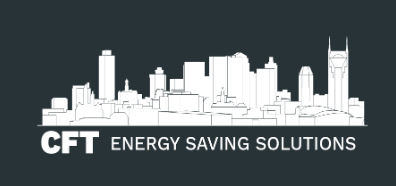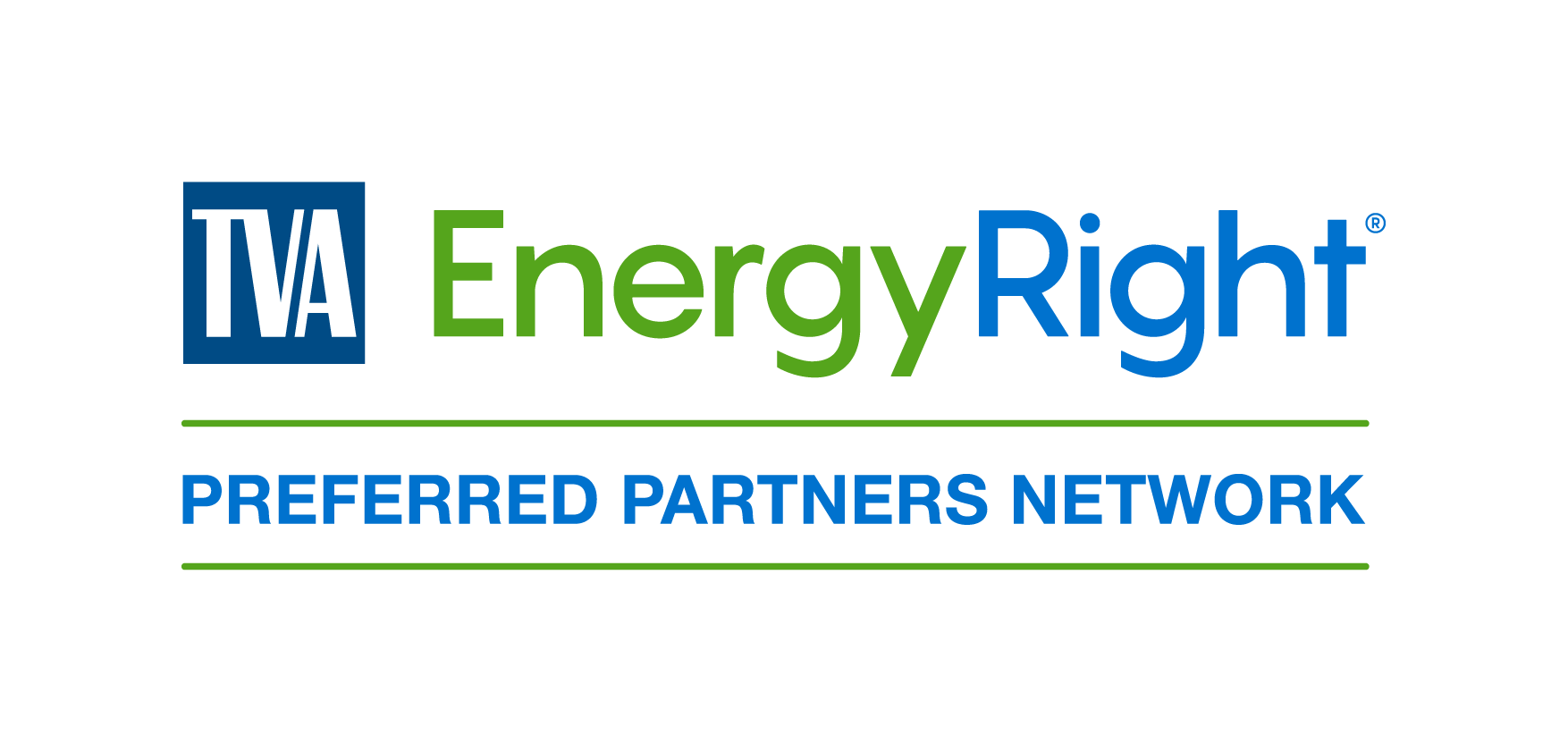
Discover how a local energy audit can enhance energy efficiency, reduce utility costs, and boost sustainability.
An energy audit is a powerful tool to assess and improve the energy efficiency of your home or business. This guide explains what an energy audit entails, how it can help reduce your energy bill, and why finding an energy audit near you is the first step to transforming energy usage and maximizing energy savings.
Why Energy Efficiency Matters
Improving Energy Efficiency for Cost Savings and Sustainability
As energy costs rise, increasing energy efficiency has become a priority for homeowners and business owners alike. An energy-efficient home or business not only reduces utility costs but also minimizes environmental impact. By making informed changes to energy usage, you can achieve significant energy savings and enjoy a more sustainable lifestyle.
What is an Energy Audit?
Understanding Energy Auditing and Its Benefits
An energy audit is a comprehensive assessment that identifies areas in your home or business where energy efficiency can be improved. This evaluation, conducted by certified energy auditors, examines everything from insulation to HVAC systems, lighting, and appliances. Through energy auditing, you gain valuable insights into energy consumption patterns and can make targeted improvements to reduce your energy bill.
Types of Energy Audits
Home and Commercial Energy Audits
- Home Energy Audit Near Me
A home energy audit is a specialized service that focuses on residential properties. It analyzes aspects such as insulation, air leaks, lighting, and heating systems. Homeowners often look for “home energy audit near me” to find local professionals who can conduct a thorough inspection and provide tailored recommendations for energy efficiency improvements. - Commercial Energy Audits
Commercial energy audits are designed for businesses and industrial properties, assessing the energy performance of larger HVAC systems, machinery, and other equipment. By targeting energy-efficient upgrades, businesses can reduce operational costs and create a more sustainable environment.
How to Find an Energy Audit Near You
Locating Qualified Auditors for Energy Auditing Services
Searching for “energy audit near me” is a great way to start your journey to better energy efficiency. Certified auditors have the expertise to analyze various energy aspects and suggest cost-effective solutions. Local auditors understand the climate conditions and building codes in your area, which can make their recommendations more effective and personalized.
What to Expect During an Energy Audit
The Process and Key Areas of Focus
An energy audit typically involves several steps to assess energy efficiency:
- Initial Consultation and Review
The audit begins with a consultation where the auditor reviews past energy bills and discusses any specific concerns you may have. - Comprehensive Inspection
The auditor conducts a detailed inspection of your property, using tools such as infrared cameras and blower doors to detect air leaks, insulation gaps, and other inefficiencies. - Data Analysis and Reporting
After the inspection, the auditor analyzes the data to identify areas where energy-efficient improvements are needed. You’ll receive a report outlining specific recommendations to reduce energy usage and enhance energy and efficiency. - Implementation of Energy-Saving Recommendations
Once you have the report, you can take actionable steps to improve energy efficiency, from sealing air leaks to upgrading insulation or installing energy-efficient lighting.
Benefits of an Energy Audit
Transforming Energy Usage with Targeted Improvements
- Reduced Energy Bills
An energy audit helps you identify cost-effective solutions to reduce your energy bill, such as upgrading insulation, optimizing heating and cooling systems, and implementing energy-efficient lighting. - Increased Property Value
Properties with energy-efficient features tend to have higher market values. By improving energy efficiency, you’re making an investment that can increase your property’s overall value. - Enhanced Comfort and Indoor Air Quality
Addressing air leaks, insulation, and HVAC performance leads to more consistent temperatures and better air quality, making your home or business a more comfortable place to live or work. - Environmental Benefits
Reduced energy consumption lowers your carbon footprint and contributes to a more sustainable future. Energy-efficient homes and businesses play a crucial role in combating climate change.
Practical Tips to Boost Energy Efficiency Post-Audit
Simple Steps for Lasting Energy Savings
Once your energy audit is complete, follow these tips to further enhance energy efficiency:
- Seal Air Leaks
Use caulk or weatherstripping around doors and windows to prevent drafts. - Upgrade to Energy-Efficient Appliances
Consider replacing outdated appliances with ENERGY STAR-certified models to save energy. - Install LED Lighting
Switching to LED bulbs can significantly reduce energy use and last longer than traditional bulbs. - Regularly Maintain HVAC Systems
Schedule routine maintenance for heating and cooling systems to ensure they operate efficiently year-round.
Final Thoughts: Why an Energy Audit Near You is Worth It
The Power of Local Energy Audits for Long-Term Savings
Investing in an energy audit is a proactive step toward a more energy-efficient future. By finding a certified professional for “energy audit near me,” you’ll gain valuable insights into your property’s energy performance and receive personalized recommendations for improving efficiency. The result? Lower energy bills, increased comfort, and a positive impact on the environment.
Ready to Transform Your Energy Efficiency?
Book a local energy audit today to start your journey to better energy efficiency, lower utility bills, and a more sustainable future!
Start Saving Today
Unlock
25% OFF bundled services for a limited time when you combine.
- SmartValve™
- PowerHouse™
- PacketPower Metering
- BuildingLogic™ Continuous Commissioning
CFT’s breakthrough energy solutions boost net operating income and increase property value — from
day one.
Sustainability starts here. So does your savings. Click below to schedule your energy savings consultation.














